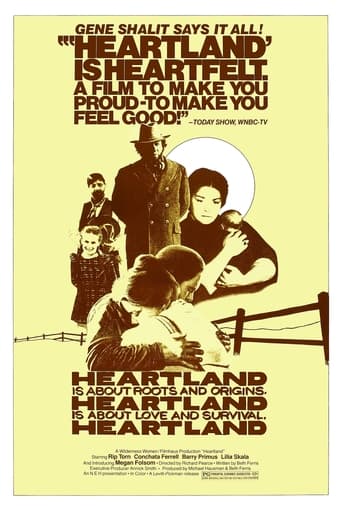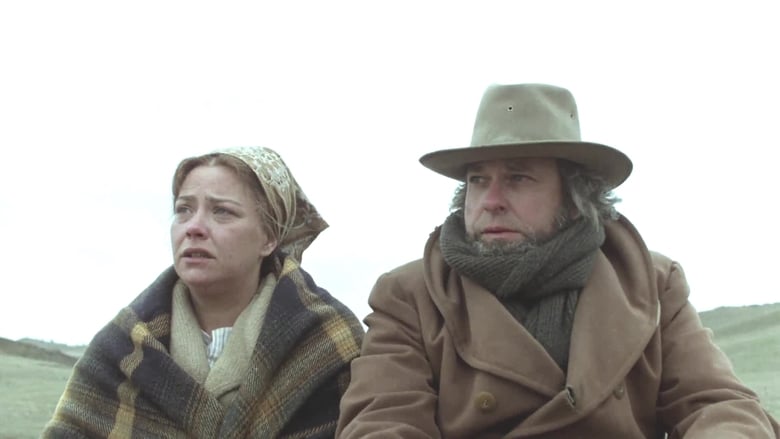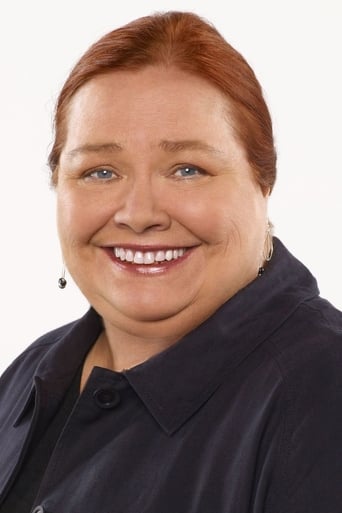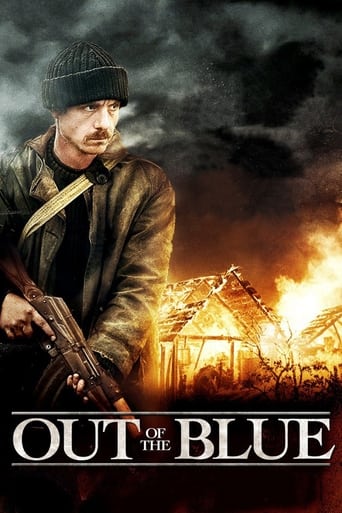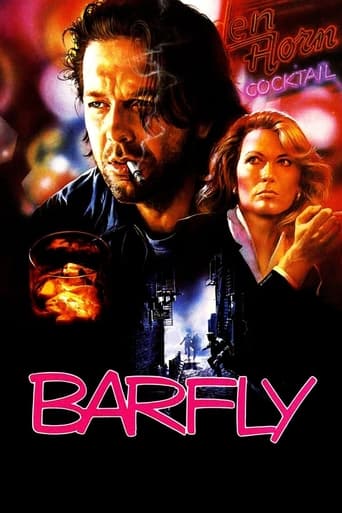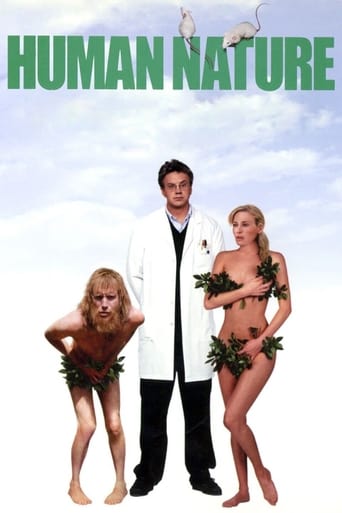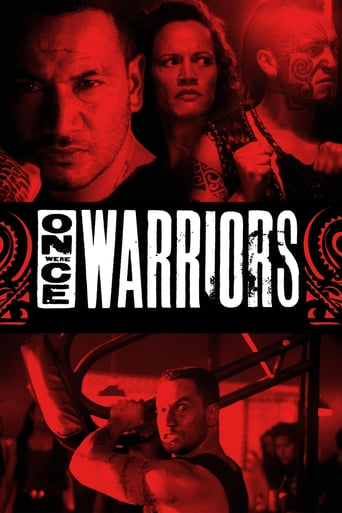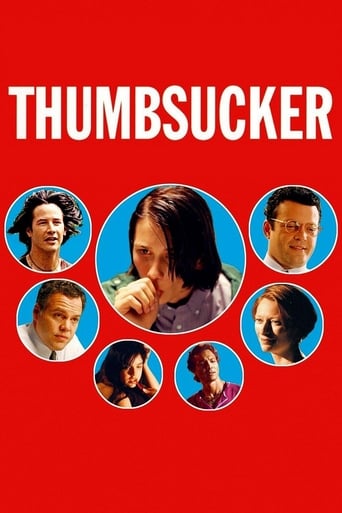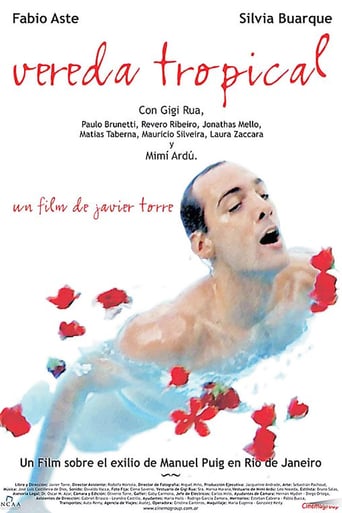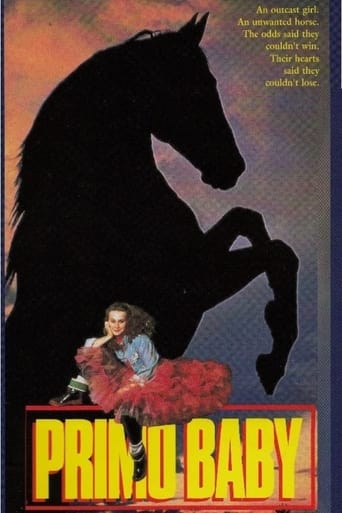Heartland (1979)
Widowed Elinor Randall and her young daughter Jerrine arrive in a barren stretch of Wyoming in 1910 after Elinor's application for work as a housekeeper is accepted by Clyde Stewart, a rancher. The work is back-breaking and the isolation is brutal, particularly as winter arrives. Elinor begins to think about homesteading her own property near Stewart's ranch, but Stewart tries to dissuade her with explanations about the killing conditions and poor rewards, especially for a woman with no man to help her ranch. Although their temperaments are different and little affection exists, Elinor and Stewart agree to marry and combine homesteads. What lies ahead is the severest test of all.
Watch Trailer
Cast
Similar titles
Reviews
It's funny watching the elements come together in this complicated scam. On one hand, the set-up isn't quite as complex as it seems, but there's an easy sense of fun in every exchange.
The film creates a perfect balance between action and depth of basic needs, in the midst of an infertile atmosphere.
One of the worst ways to make a cult movie is to set out to make a cult movie.
The film may be flawed, but its message is not.
I saw Heartland when it was first released in 1980 and I have just seen it again. It improves with age. Heartland is not just for lovers of "indie" films. At a time when most American films are little more than cynical attempts to make money with CGI, pyrotechnics, and/or vulgarity, Heartland holds up as a slice of American history. It is also a reminder of how spoiled most of us modern, urbanized Americans are.Nothing in this film is overstated or stagey. No one declaims any Hollywood movie speeches. The actors really inhabit their roles. This really feels like a "small" film but really it is bigger than most multizillion-dollar Hollywood productions.The film is based on the lives of real people. In 1910, Elinore Randall (Conchata Ferrell, who has never done anything better than this), a widow with a 7-year-old daughter Jerrine (Megan Folsom), is living in Denver but wants more opportunities. She advertises for a position as housekeeper. The ad is answered by Clyde Stewart (Rip Torn, one of our most under-appreciated actors), a Scots-born rancher, himself a widower, with a homestead outside of Burnt Fork, Wyoming. Elinore accepts the position (seven dollars a week!) and moves up to Wyoming with her daughter. She and her daughter move into Stewart's tiny house on the property. It is rolling, treeless rangeland, a place of endless vistas where the silence is broken only by the sounds made by these people and their animals. It's guaranteed to make a person feel small. The three characters go for long periods without seeing another human soul. What is worse, Stewart turns out to be taciturn to the point of being almost silent. "I can't talk to the man," Elinore complains to Grandma Landauer. "You'd better learn before winter," replies Grandma. Grandma (Lilia Skala) is one of the only two other characters who are seen more than fleetingly. She came out to Wyoming from Germany with her husband many years before and runs her ranch alone now that she is also widowed. Grandma is their nearest neighbor (and the local midwife) and still she lives ten miles away! The other supporting character is Jack the hired hand (Barry Primus).Elinore's routine (and her employer's) is one of endless, backbreaking labor, where there are no modern conveniences and where everything must be made, fixed or done by hand. This is the real meat of the film: Watching the ordinary life of these ranchers as they struggle against nature to wrest a living from the land. But despite the constant toil and fatigue, Elinore is always looking for other opportunities. She learns that the tract adjacent to Stewart's is unclaimed. Impulsively, she files a claim on the property (twelve dollars, or almost two weeks' pay!), meaning that if she lives on it (and she must actually live there) and works it for ten years, she will get the deed to it. Naturally, Stewart learns what she has done. With merciless logic, he points out that with no money, no livestock, no credit, and no assets, she has no chance of succeeding. He then offers a solution: He proposes marriage. The stunned Elinore realizes that this is the only real alternative, and accepts.We think that Stewart's proposal is purely Machiavellian---he wants the land and the free labor---but we see that, in fact, he is genuinely fond of Elinore, and they grow together as a couple. She becomes pregnant; she goes into labor in the middle of a midwinter blizzard; Clyde travels for hours on horseback through the storm the ten miles to Grandma's and the ten miles back, only to announce that Grandma wasn't there. This is more like real life than is pleasant, folks. Elinore has the baby all by herself, with no help whatsoever. Their son is still an infant when he gets sick and dies. They lose half their livestock to the vicious winter. They struggle on. The last sequence in the film is supposed to be optimistic: The birth of a calf. Clyde calls Elinore urgently to help him deliver the calf. Instead of being head first, the calf is in a footling breech presentation. He and Elinore must physically pull the calf out of the birth canal. There is no CGI, animatronics, trickery, fakery or special effects: What you see is what happened, folks: A calf is born on a bed of straw in a wooden barn by lamplight. With that, the film does not so much end as simply stop, leaving the viewer unsatisfied, but after a while you appreciate the film as a whole, not just for its ending.This little gem rewards patience and thoughtfulness. It will be watchable long after most of the films of the last generation have long been forgotten.
When converting a book to film, it is generally a good idea to keep at least some of the author's intended tone or conveyed concepts, rather than ignoring the author altogether. While it is clear that the director had access to and went on the advice of Elinore Stewart's children, it is key to note that the children believed their mother to be a complete liar in regards to the good, enriching, strengthening experiences of homesteading her land. The book details her life on her and her husband's adjoining homesteads in the vast Wyoming frontier; she chronicles daily adventures with her numerous friends and acquaintances, though they lived dozens of miles apart. The film, however, takes a standard stance for the time it was made, portraying this woman's experience as harsh, unforgiving, and nearly pointless. Perhaps the director was bringing some of his Vietnam War experiences with him to this movie (as some film aficionados have said), but it seems to be a lousy excuse for taking all the joy and beauty of the book and twisting it into a bleak, odious landscape devoid of friends or hope. Don't waste your time with this movie; read the book instead.
This is a beautiful film, reminiscent of Terence Malick's DAYS OF HEAVEN. Conchatta Ferrell (a sadly underrated actress) plays a widow with a young daughter who moves to Wyoming for a job as a rancher's housekeeper. The house is little more than a two-room shack, and the rancher must work his fingers to the bone in order to survive. There's no heavy drama here, despite the fact that the two get married and try to survive a devastating winter. All the action and dialogue is subtle and honest. Yet the characterizations are more powerful than any film with a dozen writers, mainly because Ferrell and Rip Torn (an amazing actor) are so naturally earthy and mature. You never get a sense that their dialogue was written for them (maybe it wasn't!). Every shot seems natural, and every detail is brought to life with genuine care. And there are images of landscapes, people and animals (particularly a starving horse, and an incredible finale on the farm, which I will not give away) that I will remember forever. Search this one out!!
This western is done in a different manner than most others. Realism is the key here. Conchata Farrell comes to Wyoming to work for Rip Torn on his ranch. How this is presented makes for a most interesting slice of Americana. I would have preferred to see this on the big screen rather than on tape, but it's worth a look to see just how life was back in the real west. Cinematography is excellent. Solid 9. Torn & Farrell excel in this movie.
